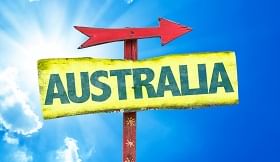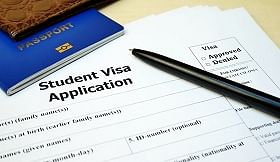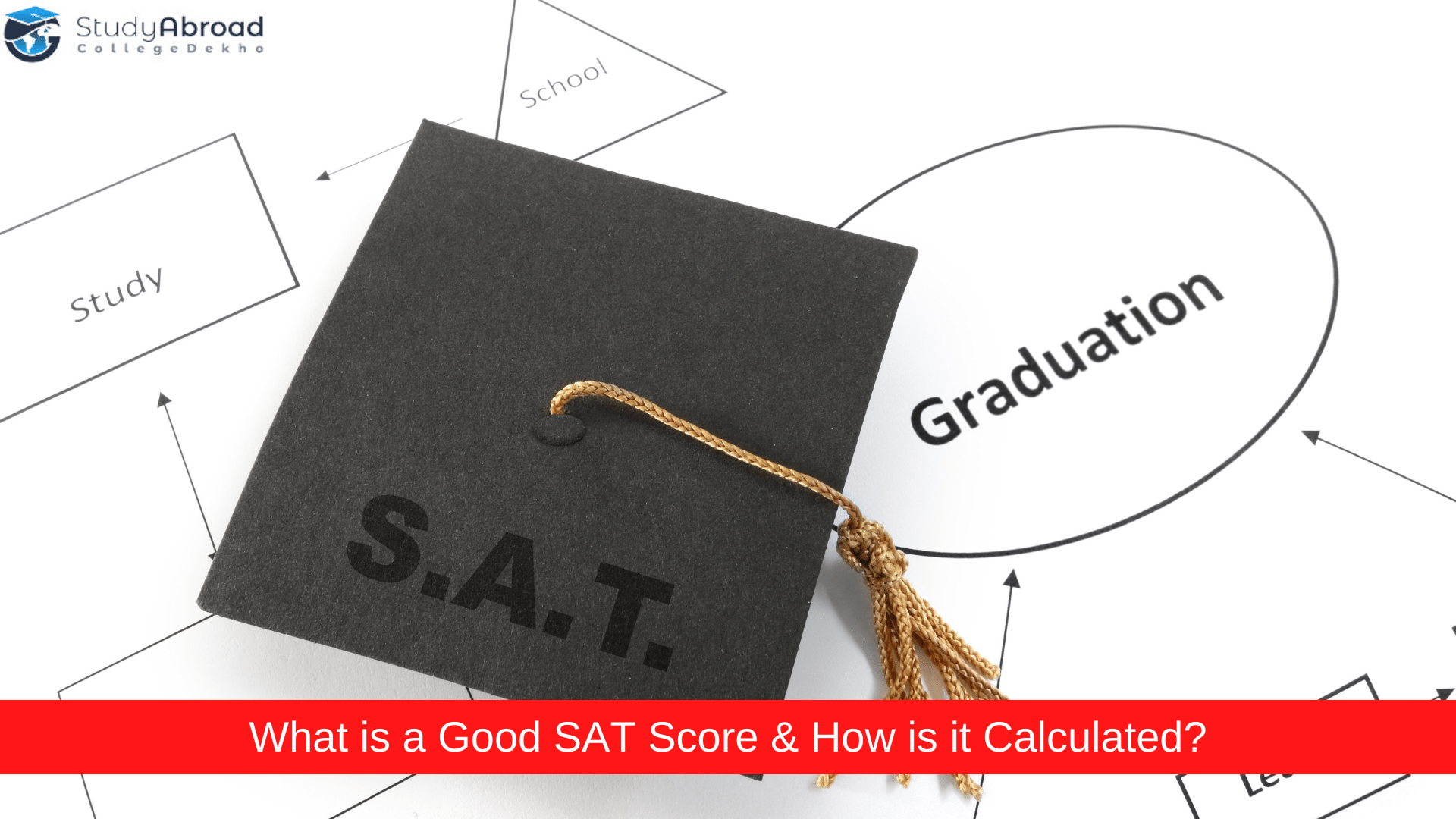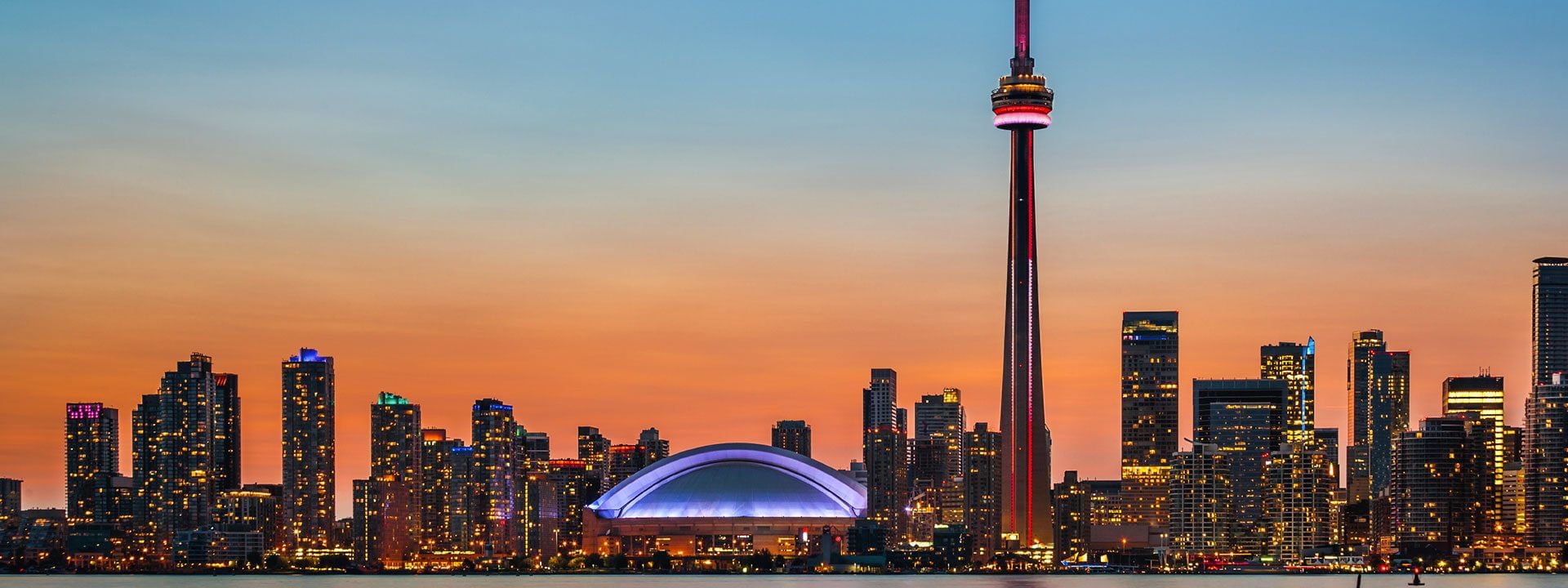-
Countries
-
United States of America
- Admissions
- Universities
- Helpful Resources
-
United Kingdom
-
Canada
- Admissions
- Universities
- Helpful Resources
-
Germany
- Admissions
- Universities
- Helpful Resources
-
-
Courses
-
United States of America
-
- Business & Management
- Engineering
-
By Degree/ Specialization
- Masters in USA
- MS in Computer Science in USA
- MS in Finance in USA
- MS in Mechanical Engineering in USA
- MS in Artificial Intelligence in USA
- MS in Civil Engineering in USA
- MS in Information System in USA
- Mechanical Engineering in USA
- Electrical Engineering in USA
- Civil Engineering in USA
- Electronics and Electrical Engineering in USA
- Applied & Pure Sciences
-
By Degree/ Specialization
- Bachelor of Science in USA
- Bachelors of Applied Sciences in USA
- B.S in Biology in USA
- B.S in Chemistry in USA
- BS in Mathematics in USA
- BS in Physics in USA
- Master of Science in USA
- M.S in Information Technology in USA
- MS in Biology in USA
- M.S in Applied Mathematics in USA
- M.S in Physics in USA
- MS in Chemistry in USA
- Commerce
-
By Degree/ Specialization
- B Com in USA
- Bachelor of Commerce in Business Intelligence & Analytics in USA
- Bachelor of Commerce in Economics in USA
- Bachelor of Commerce of Accounting
- Bachelor of Commerce in Finance
- M Com in USA
- M Com in Finance in USA
- M Com in Economics in USA
- M Com in Human Resource Management in USA
- M Com in Accounting in USA
- M Com in Statistics in USA
- Computer Science & IT
-
By Degree/ Specialization
- M.S in Data Analytics in USA
- M.S in Information Systems in USA
- M.S in Software Engineering in USA
- B.E Software Engineering in USA
- Bachelor of Information Technology in USA
- B.S Management Information Systems in USA
- BS in Big Data and Business Analytics in USA
- BS in Computing Science in USA
- Health & Medicine
-
By Degree/ Specialization
- Public Health in USA
- Masters in Public Health in USA
- Health Sciences in USA
- Health Informatics in USA
- Ms in Health Sciences in USA
- Health Medicine in USA
- Human Medicine in USA
- Bachelors in Human Medicine in USA
- Master of Science in Human Medicine in USA
- Masters in Human Medicine in USA
- Humanities and Liberal Arts
-
By Degree/ Specialization
- Liberal Arts in USA
- Bachelor of Arts in Liberal Arts in USA
- Bachelors in Liberal Arts in USA
- Masters in Liberal Arts in USA
- MA in Liberal Arts in USA
- Bachelor of Science in Liberal Arts in USA
- Humanities Arts in USA
- Bachelor of Arts in Humanities Arts in USA
- Bachelor of Science in Humanities Arts in USA
- Bachelors in Humanities Arts in USA
- MA in Humanities Arts in USA
- Master of Science in Humanities Arts in USA
- Masters in Humanities Arts in USA
- Social Sciences
- Architecture
-
By Degree/ Specialization
- B Arch in USA
- B Arch in Interior Design in USA
- B Arch in Aerospace Engineering in USA
- B Arch in Architecture Design in USA
- B Arch in Artificial Intelligence in USA
- M Arch in USA
- M Arch in Interior Design in USA
- M Arch in Project Management in USA
- M Arch in Construction Management in USA
- M Arch in Industrial Design in USA
- M Arch in Product Design in USA
- Creative Arts & Design
-
By Degree/ Specialization
- Graphic Design in USA
- Interior Design in USA
- Fashion Designing in USA
- Architecture Design in USA
- Product Design in USA
- Textile Design in USA
- Industrial Design in USA
- Diploma in Fashion Designing in USA
- Diploma in Interior Design in USA
- Bachelors in Fashion Designing in USA
- Masters in Interior Design in USA
- Bachelors in Interior Design in USA
- Masters in Fashion Designing in USA
- B Des in Interior Design in USA
- Masters in Graphic Design in USA
- Hospitality & Leisure
-
By Degree/ Specialization
- Hospitality Management in USA
- Tourism & Leisure in USA
- Bachelor of Arts in Hospitality Management in USA
- Master of Fine Arts in Tourism & Leisure in USA
- Master of Science in Tourism & Leisure in USA
- BBA in Hospitality Management in USA
- MBA in Hospitality Management in USA
- Masters in Hospitality Management in USA
- Bachelors in Hospitality Management in USA
- MA in Hospitality Management in USA
- Bachelor of Science in Hospitality Management in USA
- Journalism & Media
-
By Degree/ Specialization
- Journalism in USA
- Bachelor of Science in Journalism in USA
- Bachelors in Journalism in USA
- BBA in Journalism in USA
- Media Studies & Mass Media in USA
- Masters in Journalism in USA
- MBA in Journalism in USA
- Media Communication in USA
- Masters in Media Communication in USA
- MBA in Media Communication in USA
- Aviation
- Education & Training
-
By Degree/ Specialization
- Master of Science in Physical Education in USA
- Masters in Education Teaching in USA
- Ms in Physical Education in USA
- M Ed in Education Teaching in USA
- MA in Education Teaching in USA
- Bachelors in Physical Education in USA
- Diploma in Physical Education in USA
- B Ed in Education Teaching in USA
- Bachelor of Science in Education Teaching in USA
- Bachelors in Education Teaching in USA
- Law
- Agricuture & Forestry
-
-
United Kingdom
-
- Business & Management
- Engineering
-
By Degree/ Specialization
- MS in UK
- MS in Computer Science in UK
- MS in Finance in UK
- MS in Mechanical Engineering in UK
- MS in Artificial Intelligence in UK
- MS in Civil Engineering in UK
- MS in Information System in UK
- Bachelors Programs in UK
- Computer Science & Engineering in UK
- Mechanical Engineering in UK
- Electrical Engineering in UK
- Civil Engineering in UK
- Electronics and Electrical Engineering in UK
- Applied & Pure Sciences
- Commerce
- Computer Science & IT
- Health & Medicine
-
By Degree/ Specialization
- Public Health in UK
- Masters in Public Health in UK
- Health Medicine in UK
- Social Sciences
- Architecture
-
By Degree/ Specialization
- B Arch in UK
- B Arch in Interior Design in UK
- B Arch in Aerospace Engineering in UK
- B Arch in Architecture Design in UK
- B Arch in Artificial Intelligence in UK
- M Arch in UK
- M Arch in Interior Design in UK
- M Arch in Project Management in UK
- M Arch in Construction Management in UK
- M Arch in Product Design in UK
- Creative Arts & Design
-
By Degree/ Specialization
- Graphic Design in UK
- Interior Design in UK
- Fashion Designing in UK
- Architecture Design in UK
- Product Design in UK
- Diploma in Fashion Designing in UK
- Bachelors in Fashion Designing in UK
- Masters in Interior Design in UK
- Bachelors in Interior Design in UK
- Masters in Fashion Designing in UK
- Hospitality & Leisure
-
By Degree/ Specialization
- Hospitality Management in UK
- Tourism & Leisure in UK
- Bachelor of Arts in Hospitality Management in UK
- Master of Science in Tourism & Leisure in UK
- MBA in Hospitality Management in UK
- Masters in Hospitality Management in UK
- Bachelors in Hospitality Management in UK
- MA in Hospitality Management in UK
- Bachelor of Science in Hospitality Management in UK
- Journalism & Media
- Aviation
-
By Degree/ Specialization
- Aerospace Engineering in UK
- B.E in Aerospace Engineering in UK
- Education & Training
- Law
-
By Degree/ Specialization
- Master of Law in UK
- LLb in UK
- LLb in Finance in UK
- Agricuture & Forestry
-
-
Australia
-
- Business & Management
- Engineering
-
By Degree/ Specialization
- MS in Australia
- MS in Computer Science in Australia
- MS in Finance in Australia
- MS in Mechanical Engineering in Australia
- MS in Artificial Intelligence in Australia
- MS in Civil Engineering in Australia
- MS in Information System in Australia
- Bachelors Programs in Australia
- Computer Science & Engineering in Australia
- Mechanical Engineering in Australia
- Electrical Engineering in Australia
- Civil Engineering in Australia
- Electronics and Electrical Engineering in Australia
- Applied & Pure Sciences
- Commerce
-
By Degree/ Specialization
- B Com in Australia
- Bachelor of Commerce in Business Intelligence & Analytics in Australia
- Bachelor of Commerce of Accounting
- Bachelor of Commerce in Finance
- M Com in Australia
- M Com in Finance in Australia
- M Com in Economics in Australia
- M Com in Human Resource Management in Australia
- M Com in Accounting in Australia
- Computer Science & IT
-
By Degree/ Specialization
- MS in Data Analytics in Australia
- MS in Information Systems in Australia
- MS in Software Engineering in Australia
- BE Software Engineering in Australia
- Bachelor of Information Technology in Australia
- BS in Big Data and Business Analytics in Australia
- BS in Computing Science in Australia
- Health & Medicine
-
By Degree/ Specialization
- Public Health in Australia
- Masters in Public Health in Australia
- Health Sciences in Australia
- MS in Health Sciences in Australia
- Health Medicine in Australia
- Human Medicine in Australia
- Bachelor of Science in Human Medicine in Australia
- Bachelors in Human Medicine in Australia
- Master of Science in Human Medicine in Australia
- Masters in Human Medicine in Australia
- Humanities and Liberal Arts
-
By Degree/ Specialization
- Humanities Arts in Australia
- Bachelor of Arts in Humanities Arts in Australia
- Bachelor of Science in Humanities Arts in Australia
- Bachelors in Humanities Arts in Australia
- MA in Humanities Arts in Australia
- Master of Science in Humanities Arts in Australia
- Masters in Humanities Arts in Australia
- Social Sciences
- Architecture
- Creative Arts & Design
-
By Degree/ Specialization
- Graphic Design in Australia
- Fashion Designing in Australia
- Architecture Design in Australia
- Product Design in Australia
- Diploma in Fashion Designing in Australia
- Bachelors in Fashion Designing in Australia
- Masters in Fashion Designing in Australia
- Masters in Graphic Design in Australia
- Hospitality & Leisure
-
By Degree/ Specialization
- Hospitality Management in Australia
- Tourism & Leisure in Australia
- Bachelor of Arts in Hospitality Management in Australia
- Master of Science in Tourism & Leisure in Australia
- BBA in Hospitality Management in Australia
- MBA in Hospitality Management in Australia
- Masters in Hospitality Management in Australia
- Bachelors in Hospitality Management in Australia
- Bachelor of Science in Hospitality Management in Australia
- Aviation
-
By Degree/ Specialization
- Aerospace Engineering in Australia
- B.E in Aerospace Engineering in Australia
- Education & Training
- Law
-
By Degree/ Specialization
- Master of Law in Australia
- LLb in Australia
- Agricuture & Forestry
-
By Degree/ Specialization
- Agriculture in Australia
- Masters in Agriculture in Australia
- MA in Agriculture in Australia
- Master of Science in Agriculture in Australia
- Bachelor of Science in Agriculture in Australia
- Bachelors in Agriculture in Australia
- BBA in Agriculture in Australia
- Bachelor of Arts in Agriculture in Australia
-
-
Canada
-
- Business & Management
- Engineering
-
By Degree/ Specialization
- MS in Canada
- MS in Computer Science in Canada
- MS in Finance in Canada
- MS in Mechanical Engineering in Canada
- MS in Civil Engineering in Canada
- MS in Information System in Canada Popular Programs in Canada
- Computer Science & Engineering in Canada
- Mechanical Engineering in Canada
- Electrical Engineering in Canada
- Civil Engineering in Canada
- Electronics and Electrical Engineering in Canada
- Applied & Pure Sciences
-
By Degree/ Specialization
- Bachelor of Science in Canada
- Bachelors of Applied Sciences in Canada
- B.S in Biology in Canada
- B.S in Chemistry in Canada
- BS in Mathematics in Canada
- BS in Physics in Canada
- M.S in Information Technology in Canada
- MS in Biology in Canada
- M.S in Applied Mathematics in Canada
- M.S in Physics in Canada
- MS in Chemistry in Canada
- Commerce
-
By Degree/ Specialization
- B Com in Canada
- Bachelor of Commerce in Business Intelligence & Analytics in Canada
- Bachelor of Commerce in Economics in Canada
- Bachelor of Commerce of Accounting
- Bachelor of Commerce in Finance
- M Com in Canada
- M Com in Finance in Canada
- M Com in Economics in Canada
- M Com in Accounting in Canada
- M Com in Statistics in Canada
- Computer Science & IT
- Health & Medicine
-
By Degree/ Specialization
- Health Sciences in Canada
- Ms in Health Sciences in Canada
- Health Medicine in Canada
- Human Medicine in Canada
- Bachelor of Science in Human Medicine in Canada
- Bachelors in Human Medicine in Canada
- Master of Science in Human Medicine in Canada
- Masters in Human Medicine in Canada
- Social Sciences
- Architecture
-
By Degree/ Specialization
- B Arch in Canada
- B Arch in Aerospace Engineering in Canada
- B Arch in Architecture Design in Canada
- M Arch in Canada
- Creative Arts & Design
- Hospitality & Leisure
-
By Degree/ Specialization
- Hospitality Management in Canada
- Tourism & Leisure in Canada
- Bachelor of Arts in Hospitality Management in Canada
- Master of Science in Tourism & Leisure in Canada
- BBA in Hospitality Management in Canada
- MBA in Hospitality Management in Canada
- Masters in Hospitality Management in Canada
- Bachelors in Hospitality Management in Canada
- Bachelor of Science in Hospitality Management in Canada
- Journalism & Media
-
By Degree/ Specialization
- Journalism in Canada
- Bachelor of Science in Journalism in Canada
- Bachelors in Journalism in Canada
- BBA in Journalism in Canada
- Masters in Journalism in Canada
- MBA in Journalism in Canada
- Media Communication in Canada
- Masters in Media Communication in Canada
- MBA in Media Communication in Canada
- Aviation
-
By Degree/ Specialization
- Aerospace Engineering in Canada
- B.E in Aerospace Engineering in Canada
- Education & Training
- Law
-
By Degree/ Specialization
- LLb in Canada
- LLb in Finance in Canada
- Agricuture & Forestry
-
-
Germany
-
- Business & Management
- Engineering
-
By Degree/ Specialization
- MS in Germany
- MS in Computer Science in Germany
- MS in Finance in Germany
- MS in Artificial Intelligence in Germany
- Bachelors Programs in Germany
- Computer Science & Engineering in Germany
- Mechanical Engineering in Germany
- Electrical Engineering in Germany
- Electronics and Electrical Engineering in Germany
- Applied & Pure Sciences
- Commerce
- Computer Science & IT
-
By Degree/ Specialization
- M.S in Information Systems in Germany
- BS in Computing Science in Germany
- Health & Medicine
-
By Degree/ Specialization
- Health Medicine in Germany
- Humanities and Liberal Arts
- Social Sciences
-
By Degree/ Specialization
- M.S in Psychology in Germany
- BS in Psychology in Germany
- Architecture
-
By Degree/ Specialization
- M Arch in Germany
- Creative Arts & Design
- Hospitality & Leisure
-
By Degree/ Specialization
- Hospitality Management in Germany
- Tourism & Leisure in Germany
- Bachelor of Arts in Hospitality Management in Germany
- Master of Science in Tourism & Leisure in Germany
- MBA in Hospitality Management in Germany
- Masters in Hospitality Management in Germany
- Bachelors in Hospitality Management in Germany
- MA in Hospitality Management in Germany
- Bachelor of Science in Hospitality Management in Germany
- Aviation
-
By Degree/ Specialization
- Aerospace Engineering in Germany
- B.E in Aerospace Engineering in Germany
- Agricuture & Forestry
-
-
-
Exams
-
GMAT
- About GMAT Exam
- Helpful Resources
-
ACT
- About ACT Exam
- Helpful Resources
-
IELTS
- About IELTS Exam
- Helpful Resources
-
GRE
-
PTE
- About PTE Exam
-
SAT
-
TOEFL
-
Duolingo English Test
- About Duolingo English Test
- Helpful Resources
-
-
Colleges
-
United States of America
- Top Colleges
- Featured Colleges
- University of New Heaven
- Stevens Institute of Technology
- University of California
- University of Cincinnati
- University of North Texas
- SanJose State University
- Mount Saint Vincent University
- University of Texas at Arlington
- California State University
- DePaul University
- Rochester Institute of Technology
-
United Kingdom
- Top Colleges
- Featured Colleges
-
Canada
- Top Colleges
- Featured Colleges
-
Australia
- Top Colleges
- Featured Colleges
-
-
Study Abroad Guide
-
United States of America
- Courses and Intake
- Admission
- Student Life
-
Common Queries
-
LOR
What is LOR? - A Complete Guide
How to Write a Letter of
Recommendation (LOR)Common Mistakes to Avoid in LOR
SOP
Writing a SOP for MBA vs MS
programCommon Mistakes to Avoid in SOP
How to write SOP for Bachelor Programs
Student Visa
Financial Requirements for a US Student Visa
How to Apply for an F1 Student
Visa?
-
-
United Kingdom
- Courses and Intake
- Admissions
- Student Life
-
Common Queries
-
LOR
What is LOR? - A Complete Guide
How to Write a Letter of
Recommendation (LOR)Common Mistakes to Avoid in LOR
SOP
Writing a SOP for MBA vs MS
programCommon Mistakes to Avoid in SOP
How to write SOP for Bachelor Programs
Student Visa
Financial Requirements for a US Student Visa
How to Apply for an F1 Student
Visa?
-
-
Canada
- Courses and Intake
- Admission
- Student Life
-
Common Queries
-
LOR
What is LOR? - A Complete Guide
How to Write a Letter of
Recommendation (LOR)Common Mistakes to Avoid in LOR
SOP
Writing a SOP for MBA vs MS
programCommon Mistakes to Avoid in SOP
How to write SOP for Bachelor Programs
Student Visa
Financial Requirements for a US Student Visa
How to Apply for an F1 Student
Visa?
-
-
Australia
- Courses and Intake
- Admission
- Student Life
-
Common Queries
-
LOR
What is LOR? - A Complete Guide
How to Write a Letter of
Recommendation (LOR)Common Mistakes to Avoid in LOR
SOP
Writing a SOP for MBA vs MS
programCommon Mistakes to Avoid in SOP
How to write SOP for Bachelor Programs
Student Visa
Financial Requirements for a US Student Visa
How to Apply for an F1 Student
Visa?
-
-
Germany
- Courses and Intake
- Admission
- Student Life
-
Common Queries
-
LOR
What is LOR? - A Complete Guide
How to Write a Letter of
Recommendation (LOR)Common Mistakes to Avoid in LOR
SOP
Writing a SOP for MBA vs MS
programCommon Mistakes to Avoid in SOP
How to write SOP for Bachelor Programs
Student Visa
Financial Requirements for a US Student Visa
How to Apply for an F1 Student
Visa?
-
Common Queries:
LOR
- What is LOR? - A Complete Guide
- How to Write a Letter of
Recommendation (LOR) - How to Write an LOR for MS?
- How to Write an LOR for MBA?
- Common Mistakes to Avoid in LOR
SOP
- SOP Format, Samples & Tips
- Writing a SOP for MBA vs MS
program - Common Mistakes to Avoid in SOP
- SOP for MBA vs SOP for MIM
- How to write SOP for Bachelor Programs
Student Visa
-
-
Services
- Our Centres


































